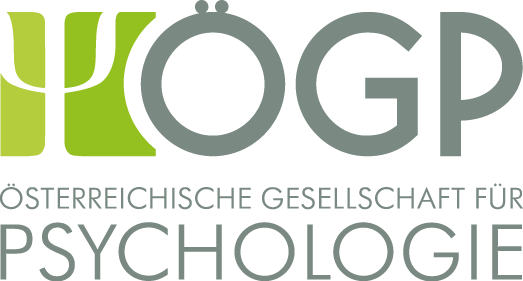Ann-Kathrin Arend
(Paris Lodron University of Salzburg; Centre for Cognitive Neuroscience, University of Salzburg)
Tim Kaiser
(Universität Greifswald)
Björn Pannicke
(Paris Lodron University of Salzburg; Centre for Cognitive Neuroscience, University of Salzburg)
Julia Reichenberger
(Paris Lodron University of Salzburg; Centre for Cognitive Neuroscience, University of Salzburg)
Silke Naab
(Schön Klinik Roseneck, Prien am Chiemsee)
Ulrich Voderholzer
(Schön Klinik Roseneck, Prien am Chiemsee; Abteilung für Psychiatrie und Psychotherapie, Universitäts Krakenhaus, LMU München; Abteilung für Psychiatrie und Psychotherapie, Universitäts Krakenhaus Freiburg)
Jens Blechert
(Paris Lodron University of Salzburg; Centre for Cognitive Neuroscience, University of Salzburg)
Prevention of binge eating through mobile just-in-time adaptive interventions (JITAIs) requires prediction of individual high-risk times, e.g. through prediction of upcoming binge-eating risk by affective states and associated contextual factors. Yet, these factors and states are highly idiosyncratic and thus, prediction models based on averages across individuals often fail.
We developed a within-individual binge-eating prediction approach based on Ecological Momentary Assessment (EMA). An EMA item set that covers a broad set of potential idiographic binge-eating antecedents was derived from literature research and a focus group. The final item set was assessed in 13 female patients experiencing binge eating.
Machine learning was used to select item subsets to predict binge eating. Binge-eating was predicted with high accuracy (AUC=.89).
Thus, predicting binge-eating episodes from psychological and contextual states seems feasible. Yet, predictor sets were highly idiographic. This has practical implications for mHealth and JITAI approaches. Theories on binge eating need to account for this high between-person variability and broaden the scope of potential antecedent factors.
Ann-Kathrin Arend
(Paris Lodron University of Salzburg; Centre for Cognitive Neuroscience, University of Salzburg)
Tim Kaiser
(Universität Greifswald)
Björn Pannicke
(Paris Lodron University of Salzburg; Centre for Cognitive Neuroscience, University of Salzburg)
Julia Reichenberger
(Paris Lodron University of Salzburg; Centre for Cognitive Neuroscience, University of Salzburg)
Silke Naab
(Schön Klinik Roseneck, Prien am Chiemsee)
Ulrich Voderholzer
(Schön Klinik Roseneck, Prien am Chiemsee; Abteilung für Psychiatrie und Psychotherapie, Universitäts Krakenhaus, LMU München; Abteilung für Psychiatrie und Psychotherapie, Universitäts Krakenhaus Freiburg)
Jens Blechert
(Paris Lodron University of Salzburg; Centre for Cognitive Neuroscience, University of Salzburg)
There are no materials yet.

